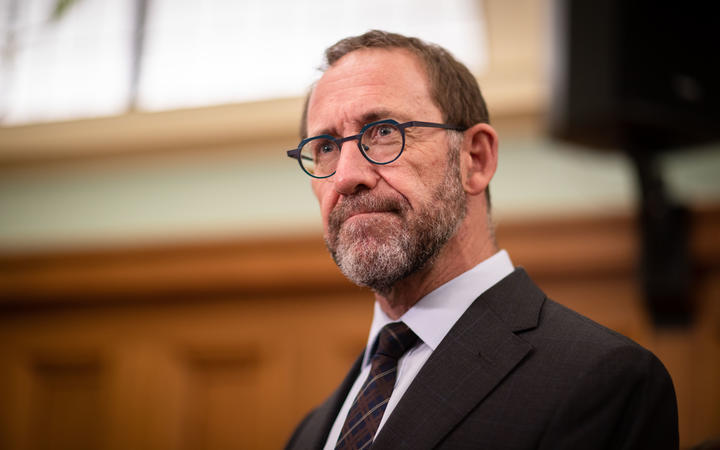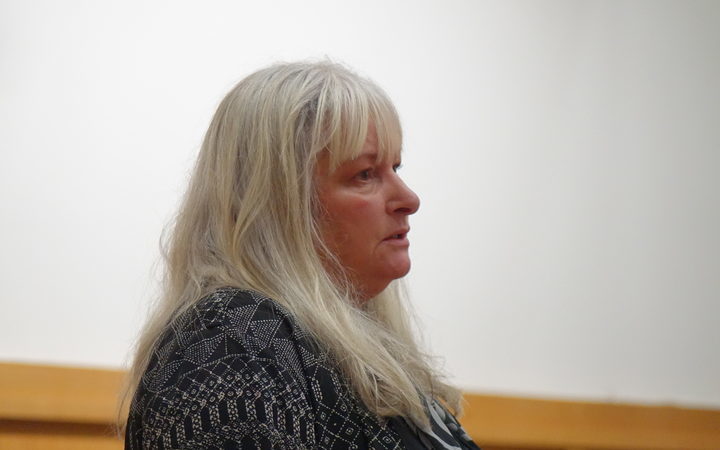Commitment to improve mental health services: 'A road to nowhere'
RNZ
22 March 2022, 4:30 PM
 A report released yesterday brought the topic of mental health back to the fore. PHOTO: RNZ
A report released yesterday brought the topic of mental health back to the fore. PHOTO: RNZOfficials trying to revamp the country's mental health services are accused of being a "sloth at the helm of the Titanic" - but they argue it is a long-term project.
A report released yesterday questions why $1.9 billion of investment in the 2019 Wellbeing Budget has not seen improvements materialise as hoped.
The Mental Health and Wellbeing Commission has found long wait times for specialist support, more prescriptions being handed out for anti-depressants, and more Māori being put into solitary confinement.
Its chief executive Karen Osborn said there had been some improvements to primary and community services, but "the specialist end of the services are still under a lot of pressure".

Health Minister Andrew Little is confident with how the mental health services revamp is going, but says some things will take time. Photo: RNZ / Angus Dreaver
Yesterday, Minister of Health Andrew Little explained it was a four-year work programme.
Appearing before media at the launch of a new two-year campaign to hire more mental health nurses, he argued the Government was on track.
Little said the Government was already halfway through its recruitment of frontline mental health roles, had building projects underway to improve facilities, and was now moving into work to improve specialist and acute services.
"We always knew when we put in place the plan in 2019 that there was a lot of stuff to do, and some of it was going to take some time to do," he said.
"All the parts are coming into place now and we're confident about the track that we're on."
But, that was not bought by Victoria University clinical psychologist Dougal Sutherland, who said he had not noticed any increase in mental health professionals at a district health board level.
He said hearing the Government's commitment to further progress felt like being on "a road to nowhere".
Sutherland said people could get into DHB mental health services "if they're lucky", and then he had heard stories of people waiting up to two years to access to any talking therapy or psychological intervention.
He felt the Government could have started all its recruitment work sooner, because it would take at least another three years to tackle the staffing challenges.
National Party MP Matt Doocey said the mental health services he had talked to did not know where the Government's $1.9b investment had gone.
"You've got to ask yourself - where has all the money gone, why is it not making difference, and why are services harder to access?" he said.
Waikato local Jane Stevens waited a year to meet with Andrew Little to discuss her concerns mental health services, after her son took his life while in district health board care.
Stevens wanted more opportunity for people like her with "lived experience" to have a say about mental health support.
She also felt mental health services had a leadership problem, and said while she agreed with everything the commission said, it had been "incredibly polite".
"They've talked about opportunities for embedding leadership - I'd say it's about bloody time," she said.
"It's been a frustratingly long process. The Ministry of Health - they're like a sloth steering the Titanic, and trying to turn it around."

Jane Stevens says she wants people with "lived experience" to have a say about mental health support. Photo: RNZ
But, Mental Health Foundation chief executive Shaun Robinson said the report was a sign the government's investment was not enough.
He said he would have been shocked if the commission did not find major issues with the country's mental health services.
"I think the Government is only just comprehending the size of the issue. If they continue to say $1.9 billion is enough to sort this out then I'm sorry, I cannot agree with them."
Robinson said looming right behind the Covid-19 pandemic was an ongoing mental health crisis that needed to be addressed.
Republished by agreement.



